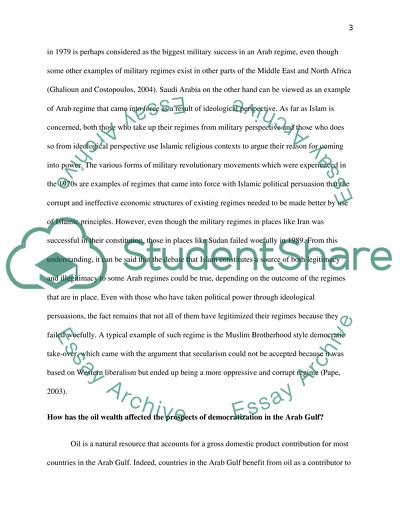Cite this document
(“Political Systems in the Middle East and North Africa Essay”, n.d.)
Retrieved from https://studentshare.org/history/1488515-political-systems-in-the-middle-east-and-north
Retrieved from https://studentshare.org/history/1488515-political-systems-in-the-middle-east-and-north
(Political Systems in the Middle East and North Africa Essay)
https://studentshare.org/history/1488515-political-systems-in-the-middle-east-and-north.
https://studentshare.org/history/1488515-political-systems-in-the-middle-east-and-north.
“Political Systems in the Middle East and North Africa Essay”, n.d. https://studentshare.org/history/1488515-political-systems-in-the-middle-east-and-north.


